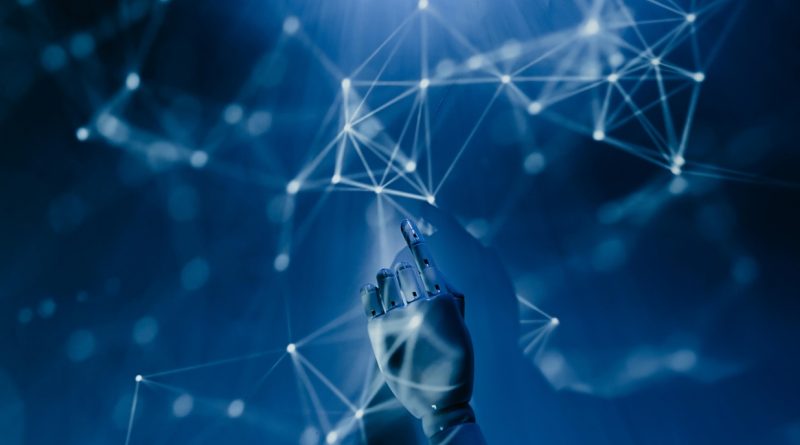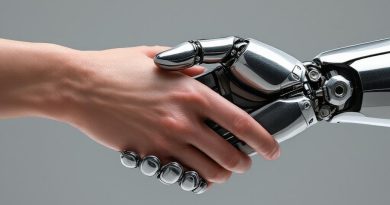The Ethics of AI: Navigating Bias and Privacy Concerns
For every incredible advance in artificial intelligence, a shadow of ethical concern follows close behind. We celebrate AIs that can detect diseases and compose music, but we also grapple with the reality that these powerful new tools can perpetuate societal biases and create privacy nightmares on an unprecedented scale.
As AI becomes more deeply integrated into our lives—making decisions about who gets a loan, who gets a job, and what news we see—navigating its ethical minefield has become the single most important challenge for the tech industry. Beyond the marketing buzz of “Responsible AI,” two fundamental problems demand our attention: algorithmic bias and the erosion of privacy.
The Ghost in the Machine: AI and Algorithmic Bias
The promise of AI was a world free from flawed human judgment. In reality, we’ve learned that AI can inherit, and even amplify, the very worst of our own biases. An algorithm is not inherently objective; it is a reflection of the data it was trained on.
- How it Happens: If an AI model is trained on historical data that contains racial or gender biases, it will learn and codify those biases as fact. For example, an AI hiring tool trained on the resumes of a historically male-dominated engineering firm will learn to favor male candidates and penalize female ones, as Amazon famously discovered. A facial recognition system trained primarily on light-skinned faces will have a much higher error rate when identifying people of color.
- The Danger: This isn’t just unfair; it’s dangerous. It can lead to biased loan application denials, inaccurate medical diagnoses for underrepresented groups, and discriminatory policing. The AI provides a veneer of objective, data-driven authority to a decision that is fundamentally biased, making it even harder to challenge.
The All-Seeing Eye: AI and the End of Privacy
The power of modern AI is built on its appetite for vast amounts of data. This has created a new and profound conflict with our fundamental right to privacy.
- The Great Data Scrape: The large language models we use every day were trained by ingesting a massive portion of the public internet—our blog posts, our photos, our forum comments, our artwork. This was done without our consent, and as the “Disney vs. Midjourney” lawsuit highlights, often in violation of copyright.
- The Power of Inference: Modern AI can infer shockingly sensitive information about you even from non-sensitive data. It can potentially deduce your political leanings from your writing style, your health conditions from your search history, or your location from the background of your photos. As we share more data with AI assistants to “personalize” our experience, we are also handing them the keys to our private lives.
- The Security Risk: Every piece of personal data we feed into an AI service is another piece of data that can be exposed in a breach or misused by the company controlling the AI.
Navigating the Minefield: The Path Forward
So what is being done? The path to a more ethical AI is complex and requires action on multiple fronts.
- Regulation: Governments worldwide are beginning to act. Regulations like the EU’s AI Act are designed to enforce transparency, requiring companies to disclose how their models are trained and what data they use.
- Algorithmic Audits and Red Teaming: Independent researchers and internal “red teams” are now dedicated to stress-testing AI models specifically to find and flag potential biases and safety issues before they are released to the public.
- Privacy-Preserving Techniques: Researchers are developing new methods like “federated learning,” where an AI can be trained on data stored locally on user devices without the raw data ever being sent to a central server.
- A Demand for Transparency: Ultimately, the most powerful tool is public pressure. As users, we must demand more transparency from the companies building these systems. We must question the data they use, challenge their claims of objectivity, and advocate for our right to privacy.
Artificial intelligence is one of the most powerful tools humanity has ever created. But its development cannot be guided by technological capability alone. Without a foundational commitment to fairness, privacy, and human dignity, we risk building a future that is not only less private but also deeply and algorithmically unequal.




